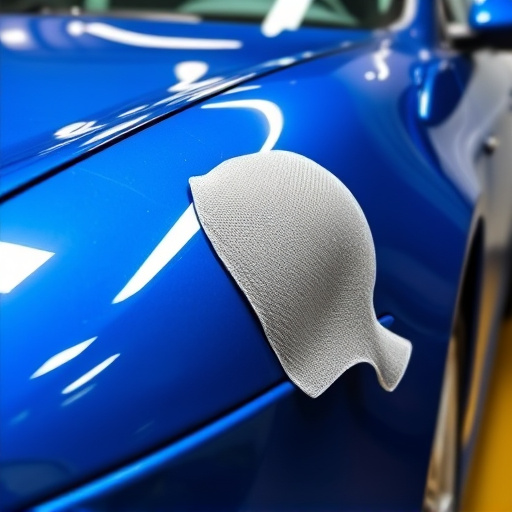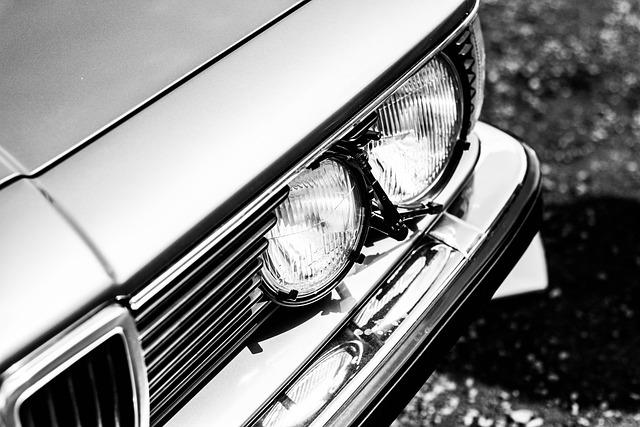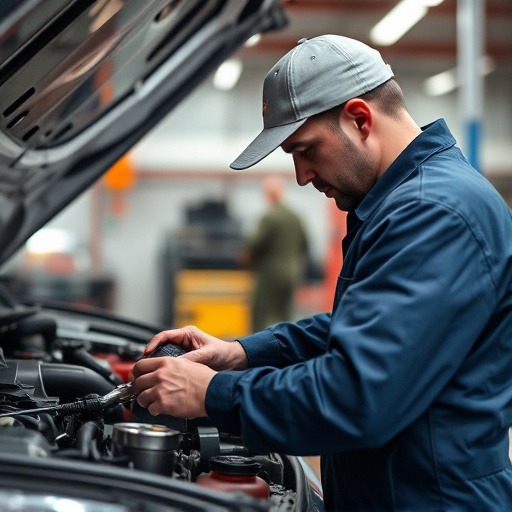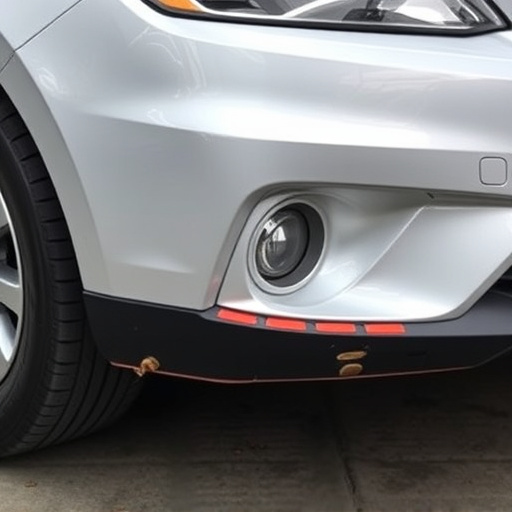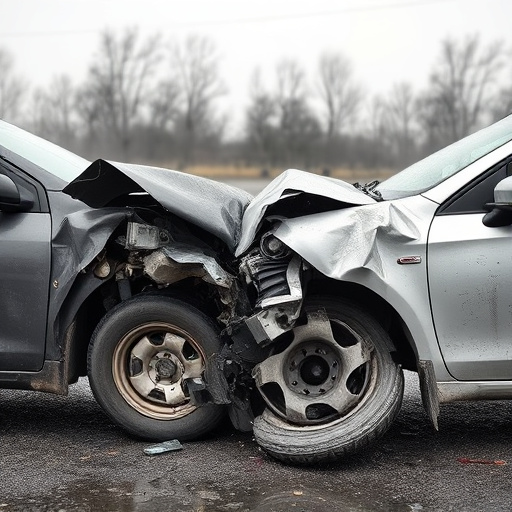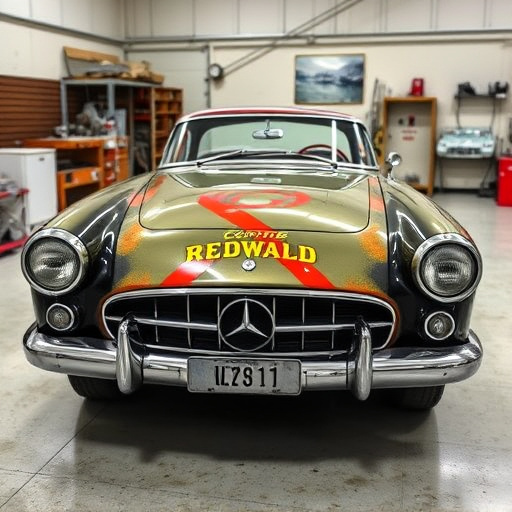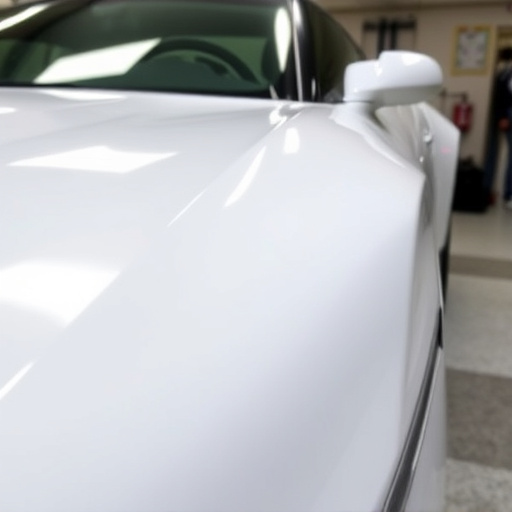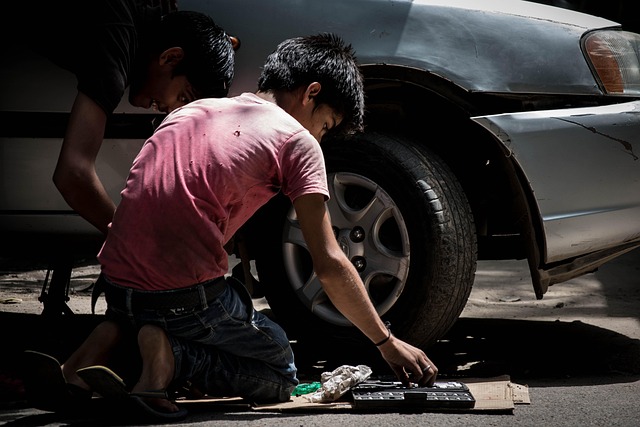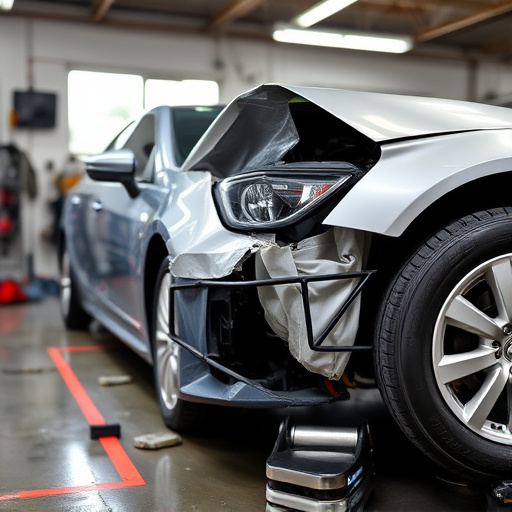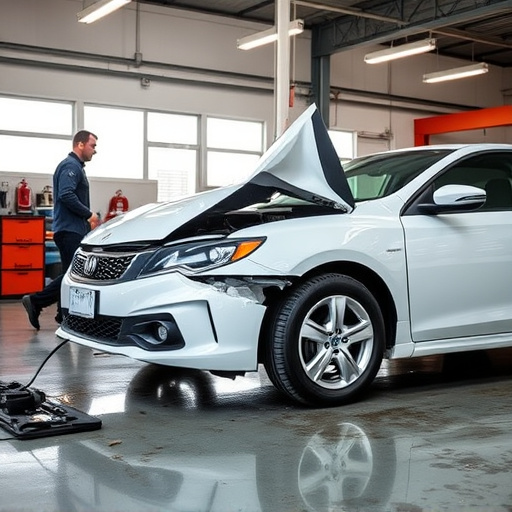Aluminum's popularity in modern vehicles creates unique dent repair challenges due to its softness and corrosion resistance. Specialized tools with advanced technologies and precise designs are crucial for achieving flawless, factory-like finishes in aluminum panel repairs. These innovations minimize damage, expedite repairs, and restore vehicles to their pre-incident condition with remarkable accuracy and aesthetic appeal.
Aluminum panel dent repair is a specialized art that demands unique tools to match its intricate nature. While traditional methods may work for metal, the delicate structure of aluminum requires precise techniques to preserve its light weight and corrosion resistance. Unique properties of aluminum make it susceptible to damage during repair, necessitating advanced tools that offer greater control and restorative quality. This article explores why specialized tools are essential for effective aluminum panel dent repair.
- Unique Properties of Aluminum Require Specialized Techniques
- Traditional Tools Often Inadequate for Efficient Repair
- Advanced Tools Enhance Precision and Restorative Quality
Unique Properties of Aluminum Require Specialized Techniques
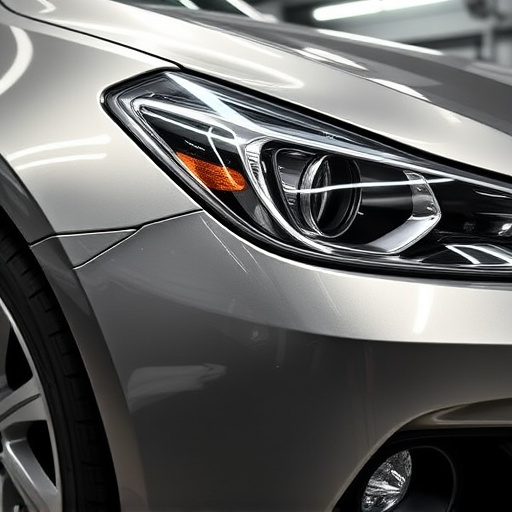
The unique properties of aluminum pose specific challenges for dent repair compared to other metals. Aluminum is lightweight and corrosion-resistant, making it a popular choice in modern vehicle construction, particularly for hoods, doors, and fenders. However, its softness and tendency to deform easily during a fender bender or vehicle collision repair make traditional scratch repair techniques ineffective. Standard tools designed for steel may leave unsightly marks or fail to properly restore the panel’s original shape.
Specialized tools are required to address these unique characteristics of aluminum panel dent repair. These advanced tools use precision technology and specialized designs to effectively mitigate dents without damaging the delicate metal surface. Whether it’s a minor scratch repair or more complex dent removal, using the right tools is crucial for achieving a flawless, factory-like finish that ensures the vehicle retains its aesthetic appeal and structural integrity after a collision.
Traditional Tools Often Inadequate for Efficient Repair
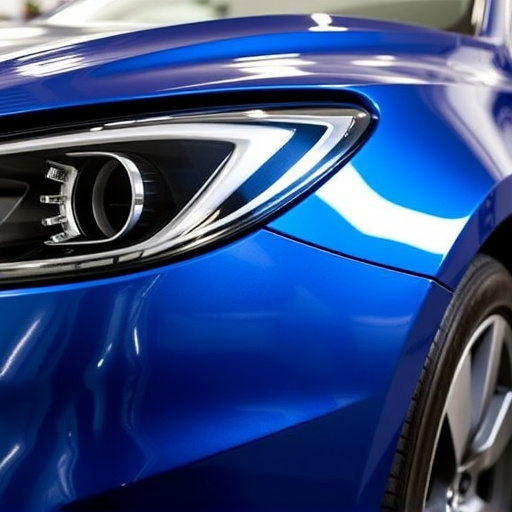
In the realm of automotive dent repair, especially for aluminum panel dent repair, traditional tools often prove inadequately equipped to handle the intricacies and precision required. Standard hammers, screwdrivers, and putty knives struggle to navigate the complex curves and thin profiles commonly found in modern vehicles’ exteriors. This is particularly evident in cases of minor dents, creases, or dings that are typical outcomes of a fender bender or car scratch repair scenarios.
Specialized tools designed exclusively for aluminum panel dent repair offer superior advantages. These tools often feature advanced technologies and designs that allow for more effective and efficient repairs. They can accurately target specific damage areas, minimizing the impact on surrounding panels. This level of precision not only speeds up the repair process but also ensures the restored surface is as good as new, maintaining the vehicle’s aesthetic appeal and structural integrity.
Advanced Tools Enhance Precision and Restorative Quality
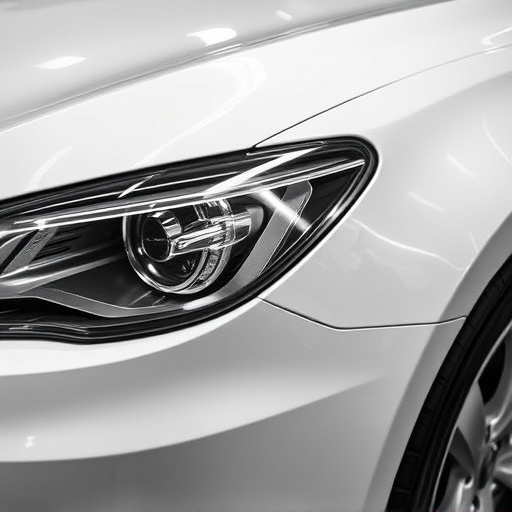
In the realm of aluminum panel dent repair, advanced tools play a pivotal role in enhancing precision and restorative quality. Unlike traditional methods that rely on manual labor, modern tools are designed with intricate features that enable precise measurements and adjustments, ensuring each dent is accurately addressed. These innovations allow for a more uniform and seamless finish, making the repaired area nearly indistinguishable from the original panel.
Specialized equipment for aluminum panel dent repair includes advanced sensors, hydraulic presses, and computer-aided design (CAD) systems. Vehicle restoration experts utilize these tools to achieve exacting standards in frame straightening and body shop procedures. By employing such sophisticated technology, professionals can restore vehicles to their pre-incident condition, ensuring both aesthetic appeal and structural integrity.
In conclusion, the unique properties of aluminum necessitate specialized tools for effective dent repair. Traditional methods often fall short in terms of efficiency and quality restoration. Advanced tools designed specifically for aluminum panel dent repair enhance precision, ensuring optimal results and preserving the integrity of these modern vehicle components. For top-notch repairs, specializing in the right tools is key to achieving exceptional restorative outcomes.
